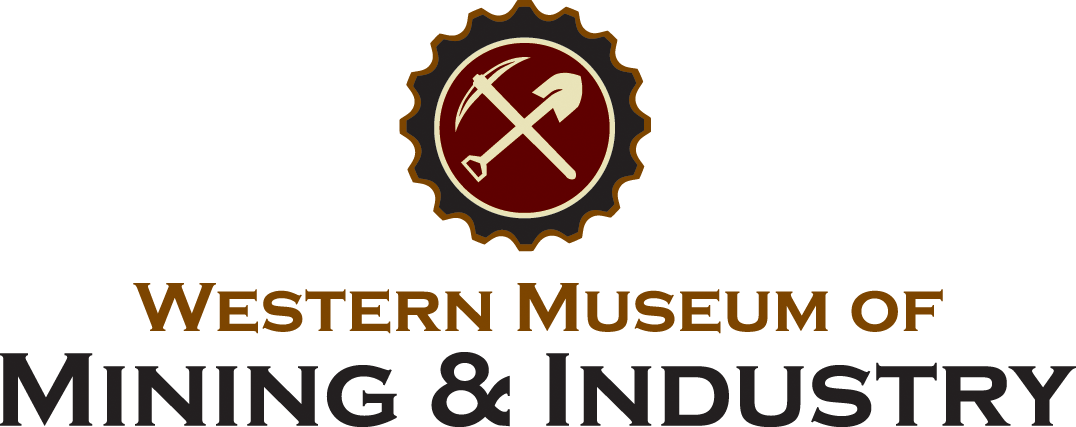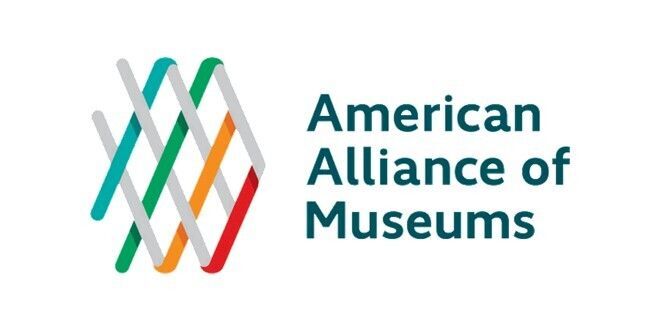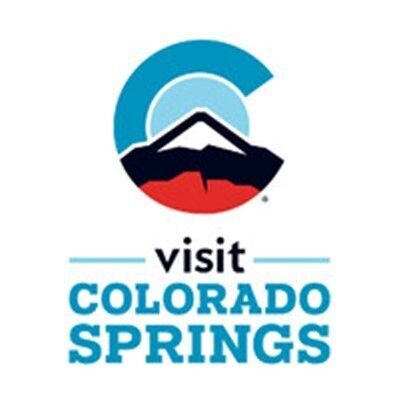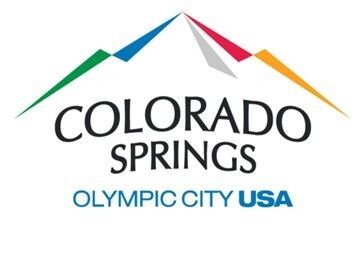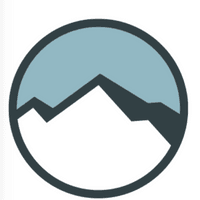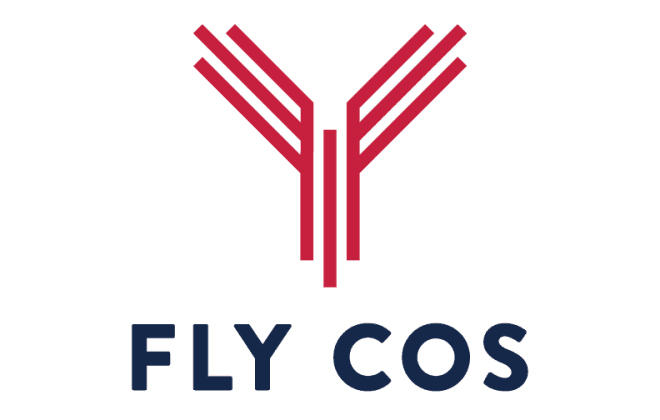Notes for Researchers at WMMI
Western Museum of Mining & Industry
Notes for Researchers
The museum often receives calls and e-mails from people doing research on mining topics. Before contacting the museum, please read the following notes to see if we might have the information you’re looking for.
Mines
If you are seeking information on a specific mine, chances are we do NOT have what you are looking for. The museum archival collections primarily are about the Cripple Creek Mining District; finding aids are available on the museum website. The museum library has quite a number of United States Geological Survey publications and many of these have information about mines, but such information is limited to the time period these publications appeared in print. Please search our catalog to see if we have the area (state and county) you are looking for.
Miners
If you are looking for material on a specific miner, we will NOT have that information either. Our library is too general; if personal names are present in USGS publications, they are generally those of management. The Cripple Creek archival collections contain payrolls and other documents that list company employees, so if you know that an ancestor worked in that district, we may have records relating to the mine(s) he worked for. However, please be aware that such a search would take time if the name of the mine is not known. The museum curator has limited time to undertake extensive searches. In that case, we would prefer that you visit and spend time searching the records.
Your Local Library
Before you spend time searching for your mining ancestor, you should delve through United States census records if you know generally where he resided at certain periods of time. The more information you can compile, the better your chances of locating your mining ancestor.
To find census records, contact your local library to find what they have on hand. Many libraries subscribe to census databases but you have to be a library member to access these databases. Quite a number of libraries also subscribe to ancestry.com and if you are a library member, you will be able to access this valuable resource without having to spend your own money to do so.
Also, don’t forget to contact state departments/divisions of mining to find out what kind of information they have that will help your research.
What we DO have to aid your research:
*United States Geological Survey publications
*United States Bureau of Mines publications
*Books on the technologies of steam, compressed air, and electricity
*Books on ore processing technology
*Books on specific minerals, such as gold, silver, molybdenum, copper, etc.
*Books on state, local, and mining district history
*Mining Equipment Company Catalogs, 1870s-present
*Periodicals relating to mining
